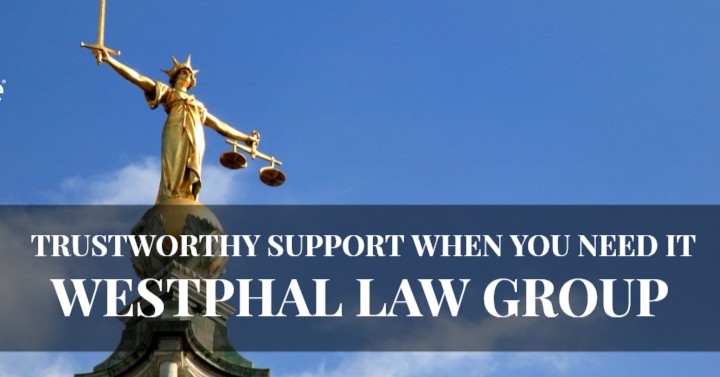After you have been injured in an auto accident, you may be distressed, overwhelmed, and confused. You are already struggling to heal from your injuries, and on top of that, you are also struggling to navigate the legal system. If you have been injured in a car accident and need legal help, contact our personal injury law firm in San Bernardino. Our experienced team of attorneys would love to provide you with the guidance you need to get back on your feet as soon as possible. In the meantime, here are some tips for how you can act after you have been injured in a car accident.

Seek Medical Treatment
More important than anything else, it is essential that you seek the proper medical care for your injuries or the injuries of anyone else who was harmed in the accident. This is not only important for your own health, but also for your personal injury case. If you are concerned about cost, you may be tempted to skip medical treatment for fear of paying high bills. You may be hoping that the injury will go away on its own. However, this almost inevitably backfires, requiring further treatment down the line. Additionally, it does not bode well for your personal injury claim if you did not seek prompt medical treatment. Immediately seek medical help for any injuries, and follow the doctor’s orders to speed your recovery.Obtain the Other Driver’s Information
If another car was involved in the accident, it is imperative that you get some crucial information about them. Seek out their name, phone number, address, and insurance information as soon as you can, whether it is on the scene or later. If you were taken away in an ambulance, it is likely that the investigating officer obtained this information, so get in touch with them if you cannot contact the other driver.Call the Police
If there is a chance that you will want to file a personal injury claim, it is important to call the police to the scene of the accident. A police report is very important in documenting the events of the wreck. Any observations the officer makes are admissible in court, so if the police report is required for evidence, it may support your story.Contact Witnesses
If there are any independent witnesses to the accident, they could be invaluable in making your case. Someone who witnessed the crash may be able to identify who was liable in the accident and are often more respected by jurors as they are seen as neutral and unbiased. If there were any witnesses to your accident, it is advisable to get their phone numbers and names in order to get as much information as you possibly can.Photograph the Scene
Take photos of the scene of the accident, including the points of impact, where the vehicles are placed, the license plates, and the damage to the cars, as well as any of your injuries. Even if the other driver initially admits fault, there is no guarantee that they will stick by that statement when they are going through the court system. If you document the scene of the accident now, they cannot deny their culpability if the photos prove it.Speak Carefully
When you are speaking to the officer at the scene of the accident, be cautious with your words. While you should be honest with them, be careful not to inadvertently imply fault. The police often will record what you say to them at the scene, and if they interpret what you say to mean that you are admitting fault, it could be detrimental to your case. Choose your words carefully to avoid sounding guilty.Be Cautious with Making Statements to Adjusters
When you are contacted by the adverse insurance adjuster of the case, you must be very careful with your word choice as well. They are specially trained to ask questions that help the company to deny personal injury claims. This is especially true with any statements regarding your injury and how extensive it may be. Additionally, adjusters often are trained to frame questions in such a way to insinuate that you could have avoided the accident. Before you speak with an insurance adjuster, it is wise to consult with your personal injury attorney beforehand to ensure that you don’t sabotage your case.Look at Your Car Insurance Policy
It is wise to consult your insurance policy to determine what coverage would be helpful in this situation. For example, personal injury protection is often a clause in car insurance policies that will cover medical expenses and occasionally lost income. There are also other clauses such as rental car coverage that may help in your specific case. Learning about your coverage can help you maximize your reimbursement after an accident.
